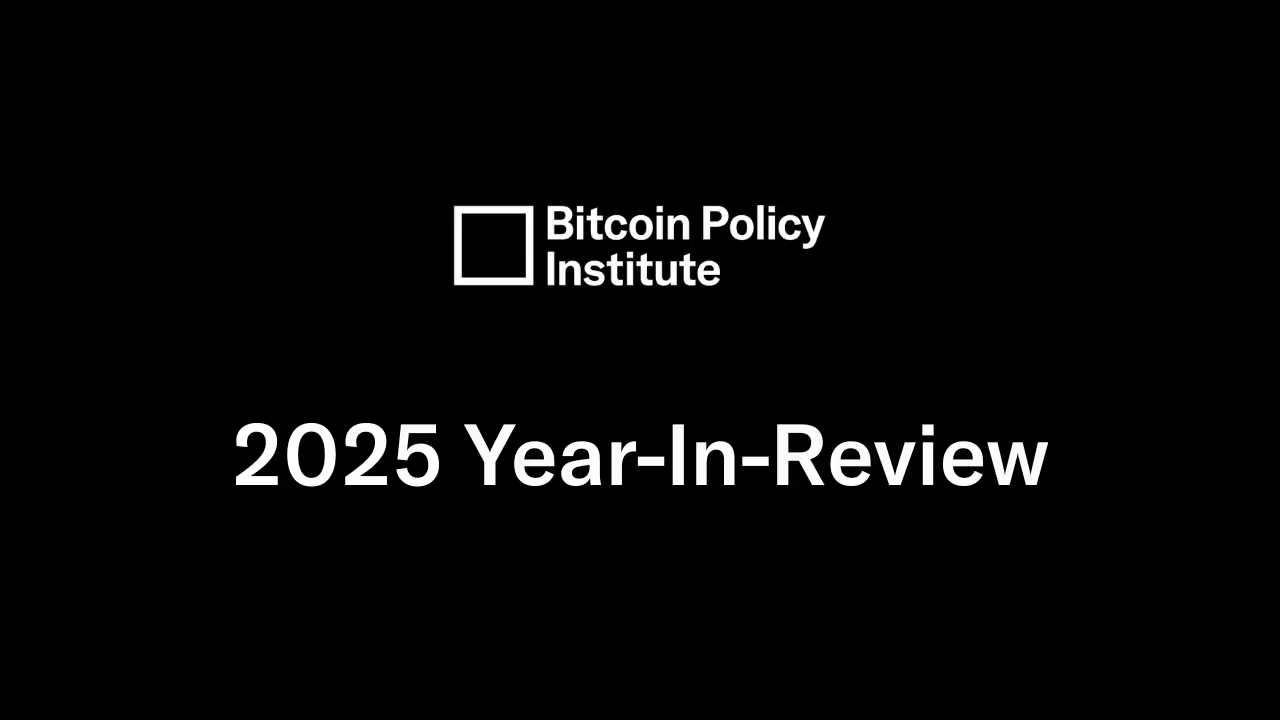Great Power Network Competition & Bitcoin
Can the U.S. harness non-traditional monetary platforms like Bitcoin to counter China and maintain its geopolitical advantage? Read the full report, here.

Executive Summary
The global power landscape is shifting rapidly with digital networks at the center stage. As the U.S. navigates this "decisive decade", policymakers should be attuned to non-traditional approaches to mitigate adversary asymmetric strategies with our own. The strategic benefits of a pro-Bitcoin policy stance to U.S. national security and geopolitical advantage are worthy of serious analysis. This report reviews:
The strategic vulnerabilities emerging for the U.S. despite (and even because of) its current monetary network dominance.
We find that the global dollar system is generating increasingly acute financial, political, and geopolitical liabilities that present a potential systemic risk to U.S. national security and global power.
The strategic challenges from ambitious adversary efforts to undermine and bypass existing global digital networks.
We find that China is executing a comprehensive (and thus far successful) strategy to block western financial coercion via sanctions-resistant settlement systems, build deep RMB-based monetary and trade relationships with critical geopolitical balancing powers, and expand its technological and geoeconomic sphere of influence across Asia and the Middle East via the Digital Silk Road and other grey zone activities.
The potential strategic advantages and risks from emerging non-traditional monetary networks like Bitcoin and dollar stablecoins.
We find that Bitcoin and stablecoins could help counter the expansion of China's digital authoritarianism, bolster U.S. sovereign debt markets, and foster individual autonomy in developing countries with extractive and oppressive regimes.



.svg)
.avif)




